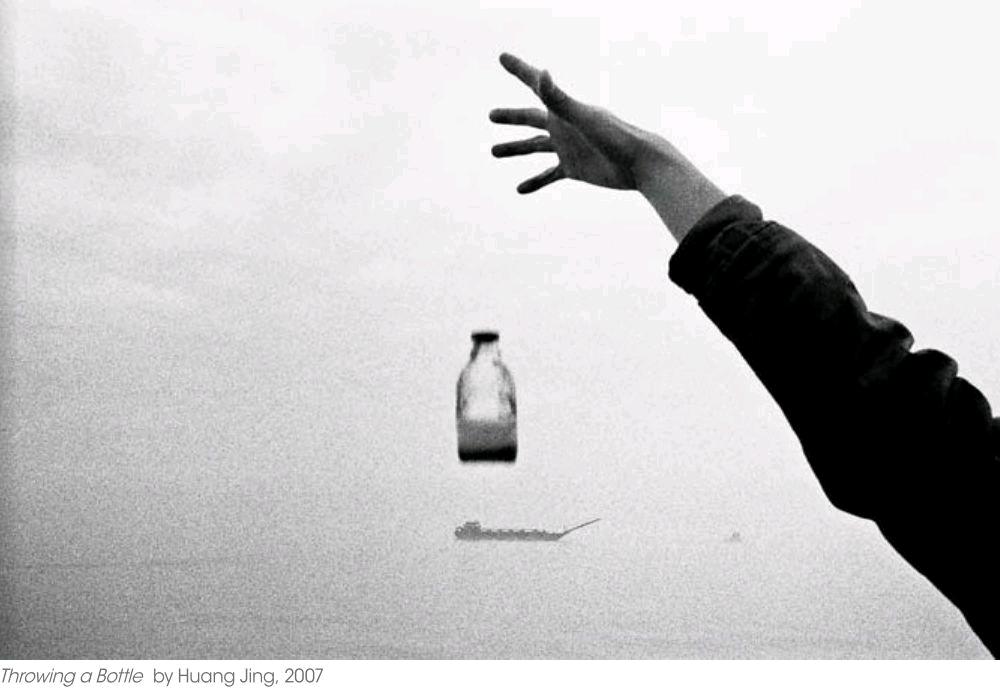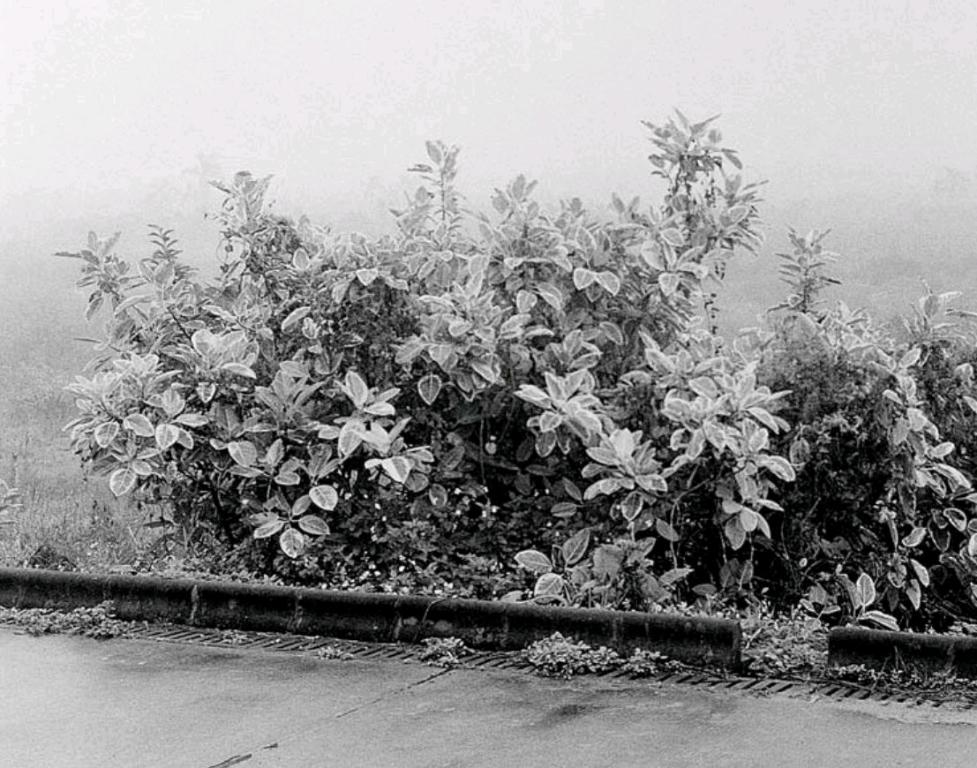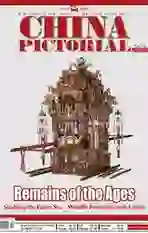An Aura of Art The First Beijing International Photo Biennial
2014-02-25byLiuHaile
by+Liu+Haile

Dickens would surely agree that photography is seeing its best of times as well as its worst. The popularization of digital cameras and smart phones has led photography down from the artistic pedestal. Everyone is now a photographer, any time, anywhere – leaving less need to ponder the reasoning behind the image.
From late October through early December, 2013, the First Beijing International Photo Biennial, themed “Aura & Post Aura,” was held at the China Millennium Monument.
“Aura,” a key term in Walter Benjamins (1892-1940) Artistic Aesthetics System, has become a significant indicator in differentiating classical art from modern. The latter has already lost the “aura”of classical art due to the emergence of photography and film.
“The digital technology revolution has brought dramatic changes to medium of expression, creative concepts, presentation and means of communication in art,”declares Wang Huangsheng, art director of the Biennial and director of the Art Museum at the Central Academy of Fine Arts.“And such changes have gradually impacted our perspectives and attitudes about contemplating and visual art, by which we mean by ‘post aura.”


The dawn of the Post Aura era has generated a new set of artistic values and standards for art, turning fading technology such as photography, believed to be the “lost aura” by Benjamin, into a new kind of aura. These exhibits showcase the global efforts of photographers in their aesthetic pursuits and exploration of the nature of photography.
“Photography still works as a means to observe and express reality regardless of changes in the medium environment,”remarks Gu Zheng, curator and professor at the School of Journalism of Fudan University in Shanghai, “and it still serves as an important means to witness life and society. Chinese artists should work harder to find the best ways to channel its energy into smarter observations and expressions. Photographers carry bigger cultural dreams and greater responsibility.”

